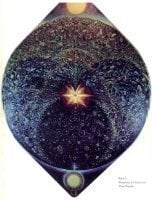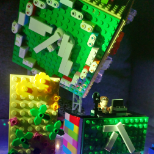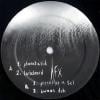IGNORED
Making synths sound old/from 90's like Aphex, BoC, etc.?
- Search posts by...
- Reply to this topic
- Ignore this topic
- Stop ignoring this topic
- Start new topic
-
Recently Browsing 1 Member
-
Similar Content
-
- 1 reply
- 217 views
-
Music From The Merch Desk (2016-2023) [compilation] 1 2 3 4 12
By thumbass,
- Aphex Twin
- afx
- (and 2 more)
- 296 replies
- 24,417 views
-
- 0 replies
- 441 views
-
- 1 reply
- 992 views
-
- 12 replies
- 1,838 views
-









Recommended Posts